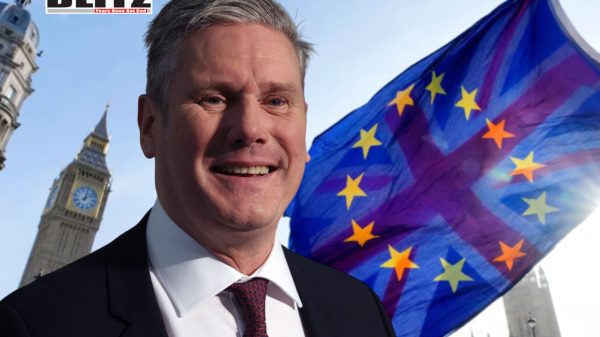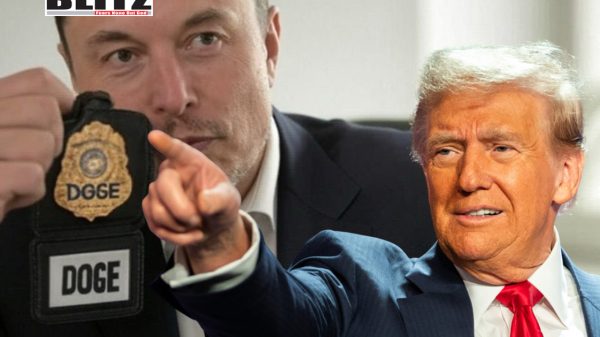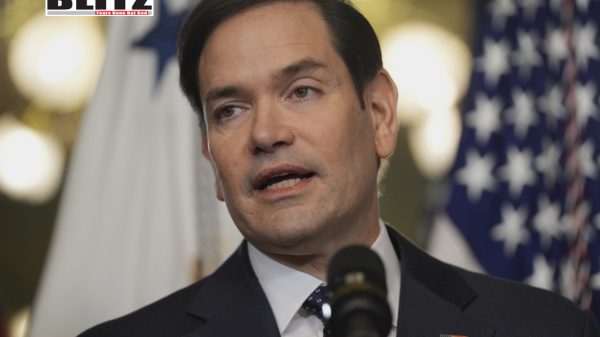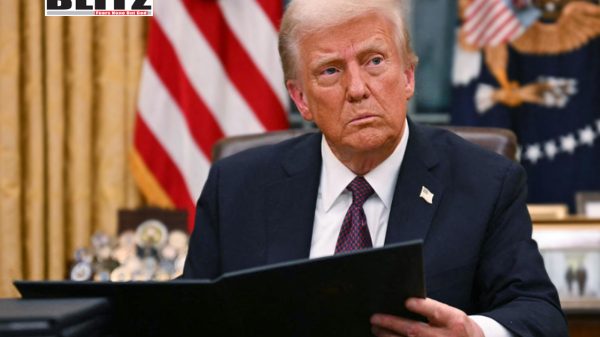Starmer’s path to rebuilding Britain through EU engagement
- Update Time : Friday, January 24, 2025

It was striking to hear Polish Prime Minister Donald Tusk openly express his hope for a “Breturn,” or a British return to the EU, after his meeting with UK Prime Minister Keir Starmer in Warsaw last week. Tusk’s sentiment underscores the lingering regret and economic consequences that have characterized Britain’s departure from the EU-a decision that has not delivered the promised prosperity and liberation but instead left the UK struggling to find its footing on the global stage.
As the fifth anniversary of Brexit approaches, the harsh realities of this choice have become undeniable. The dream of turning London into a “Singapore-on-Thames”-an agile, deregulated economic powerhouse-has faded under the weight of economic stagnation, diminished trade, and political disillusionment. Yet, despite mounting evidence of Brexit’s failures, the Labour government under Starmer remains steadfast in its refusal to entertain even modest steps toward closer ties with the EU.
The economic fallout of Brexit has been severe. Since leaving the EU, the UK’s economy has slowed significantly, with future growth projections remaining bleak. Billions of pounds in trade have been lost, particularly with the UK’s closest political and economic partner. The promise of reduced immigration-a central pillar of the Leave campaign-has also proven hollow. Migrants continue to cross the English Channel in record numbers, and the UK has had to replace European workers with skilled laborers from more distant regions, often creating cultural and logistical challenges.
Even staunch Brexiteers like Nigel Farage have acknowledged the shortcomings. Farage recently admitted that Brexit has “failed” to deliver the benefits its proponents had championed. Meanwhile, Starmer and his government-despite a historic electoral victory-remain committed to maintaining the status quo, refusing to explore a re-entry into the customs union or single market.
Starmer’s reluctance to revisit Brexit’s terms comes at a time when even the opposition-including new Conservative leader Kemi Badenoch-has begun to concede the lack of foresight that accompanied the UK’s exit from the EU. Badenoch recently admitted that previous Conservative governments pursued major policy goals, such as Brexit and the net-zero carbon target, without clear plans for achieving them. This acknowledgment of past mistakes should embolden Starmer to take a different approach, yet he continues to resist calls for meaningful change.
In Warsaw, Starmer signed a bilateral defense treaty with Tusk, strengthening ties between British and Polish defense industries. While this cooperation is commendable, it highlights the disconnect between the government’s focus on geopolitical alliances and its neglect of domestic economic challenges. Deeper economic ties with the EU could provide a lifeline for the struggling British economy, yet Starmer appears unwilling to seize the opportunity.
Starmer’s cautious approach contrasts sharply with the vision articulated by Tusk, who has not abandoned hope for a British return to the EU. Tusk’s optimism reflects a belief that political leaders must be willing to dream big, even in the face of significant obstacles. For Starmer, embracing this mindset could be transformative, both for his government and for the country as a whole.
The economic case for closer ties with the EU is compelling. Bloomberg Economics estimates that Brexit is costing the UK £100 billion ($122 billion) annually in lost output. The Office for Budget Responsibility (OBR) calculates that UK trade has suffered a long-term decline of 15 percent since leaving the EU. The Centre for Economic Performance at the London School of Economics found that over 16,000 British businesses have ceased exporting to the EU, representing 14 percent of all UK exporters.
These numbers paint a grim picture, but they also offer a roadmap for recovery. By pursuing a bold agenda of re-engagement with the EU, Starmer could address many of the economic challenges facing the UK. Such a move would require political courage and a willingness to confront criticism from both the right and within his own party, but the potential benefits far outweigh the risks.
Starmer’s government has struggled to deliver a compelling vision for the future. While voters were initially drawn to Labour’s promises to repair the damage caused by years of Conservative mismanagement, many now feel disillusioned by the lack of tangible progress. Starmer’s focus on fiscal responsibility and incremental reforms has failed to inspire confidence, leaving his government vulnerable to accusations of lacking ambition.
To regain momentum, Starmer must address the root causes of the UK’s economic malaise. This means acknowledging the role that Brexit has played in exacerbating the cost-of-living crisis and stifling growth. More importantly, it means presenting a clear plan for how his government will repair the damage and chart a course toward a more prosperous future.
Rebuilding ties with the EU should be at the heart of Starmer’s economic strategy. While rejoining the bloc may not be politically feasible in the short term, there are numerous steps the UK can take to improve its relationship with Europe. These include negotiating a more comprehensive trade agreement, easing restrictions on the movement of goods and people, and seeking closer cooperation on issues such as climate change and technological innovation.
Such initiatives would not only provide immediate economic benefits but also signal a commitment to rebuilding trust and collaboration with the UK’s European partners. This, in turn, could pave the way for deeper integration in the future, potentially culminating in a “Breturn” that would undo much of the harm caused by Brexit.
Keir Starmer stands at a crossroads. He can continue to tread cautiously, prioritizing short-term political calculations over long-term economic and social progress. Or he can dare to dream of a different future-one in which the UK reclaims its place as a leading member of the European community.
The challenges are daunting, but the rewards are too significant to ignore. By taking bold action to reconnect with the EU, Starmer can revitalize the UK economy, restore public confidence in his leadership, and leave a legacy of courage and vision. It is time for him to abandon the timid pragmatism that has defined his tenure thus far and embrace the transformative potential of a “Breturn.”
In the words of Donald Tusk, sometimes dreams do come true-even in politics.
Please follow Blitz on Google News Channel

















Leave a Reply